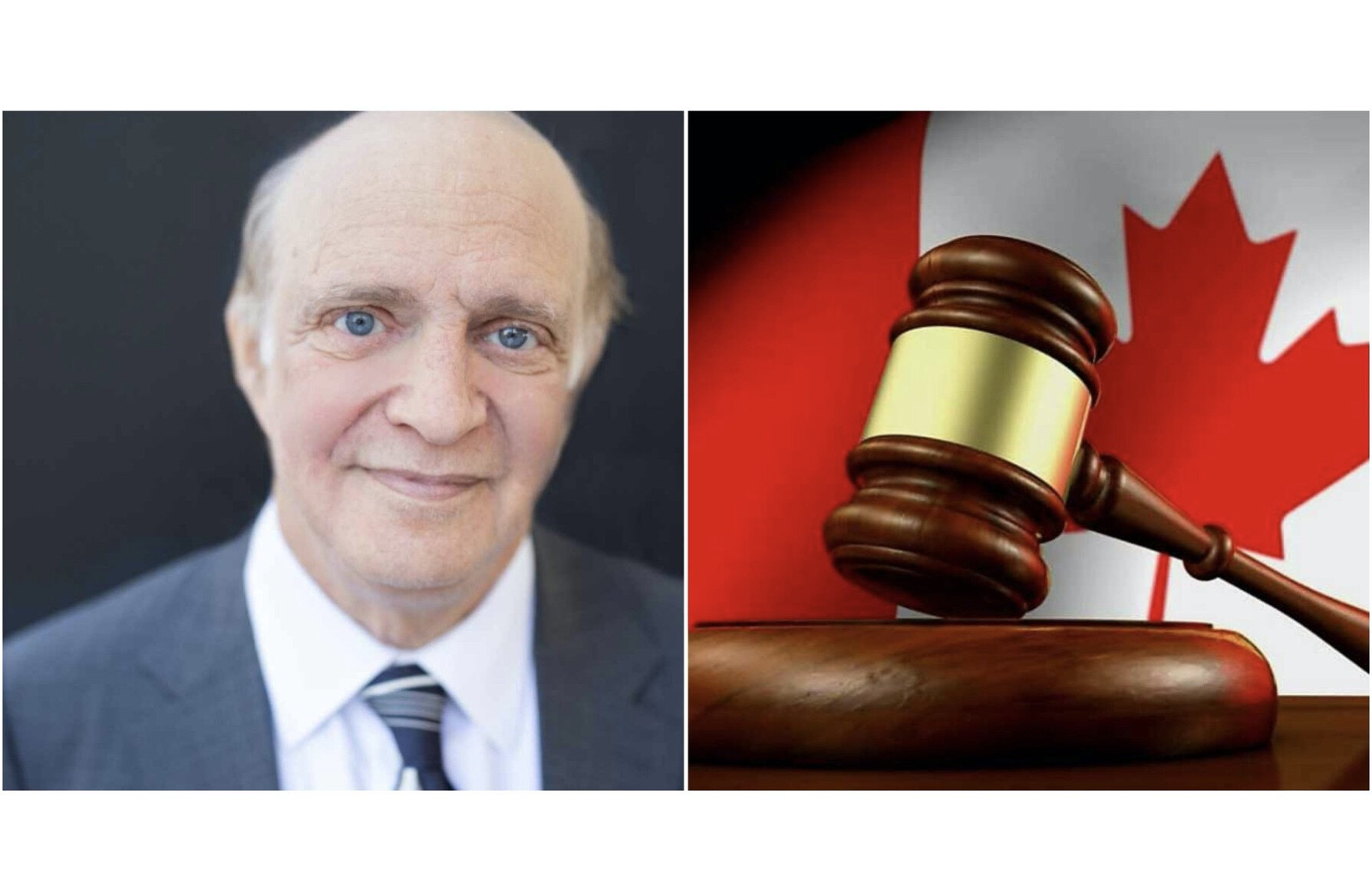Bill 96: a radical linguistic shift and its implications for Constitutional Rights in Canada
Tashi Farmilo
Canada faces a contentious and potentially revolutionary linguistic policy shift as Bill 96 comes into staggered effect. The Task Force on Linguistic Policy (TFLP) is ringing alarm bells about the significant implications of this bill on individual liberties, constitutional rights, and the linguistic harmony of the country, describing Canadians as "sleepwalking into a crisis." The TFLP has engaged the Bergman law firm as litigation counsel, focusing on the concerns voiced by Michael N. Bergman, B.C.L., LL.B. in a recent YouTube video on the Task Force on Linguistic Policy website.
In his detailed talk, Mtre. Bergman explains, “Bill 96 is more impactful than its name suggests. It drastically changes the French charter, altering the basis of our human rights.” He stresses that this new charter aims to make French the main language for all aspects of life in public, while other languages would only be used in private conversations.
Mtre. Bergman stresses the bill’s extensive reach, stating it could unilaterally amend the Canadian constitution. “The Canadian constitution is the supreme law of Canada. In it, today, it says at new section 90.2.1, Quebec is a nation. At section 90.2.2, French is the official language of the Quebec nation.” The ambiguity surrounding these changes leaves unanswered questions about their broader impact on the constitutional framework and individual rights within Quebec and Canada at large.
The impacts of Bill 96 might be serious. It could change how everyone interacts with the Quebec government and its various departments for business-related reasons. Mtre. Bergman cautions, "No one attending a webinar, indeed no one at all, will be allowed to communicate in English with the Quebec government or its agencies for business matters... they will refuse to communicate with you unless it’s in French."
He further outlines a stringent linguistic compliance scenario, illustrating that if a person cannot prove their historical and local connection to English, they will be denied the right to communicate in English. This stringent requirement highlights the bill’s potential to alienate and subjugate individuals based on their linguistic preferences, creating a divisive and intolerant environment.
The potential encroachment of Bill 96 on individual liberties is not limited to language restrictions but extends to invasive provisions allowing unauthorized access to confidential records, and even preemptive inspections based on anticipated violations. The comprehensive nature of these provisions could impose restrictions and fines on Quebecers, without the legal recourse traditionally available through the Quebec Charter of Rights and the Canadian Charter.
Mtre. Bergman is seriously worried about losing personal freedoms and community rights. He stressed, “I don’t want to lose my right to talk to the government in English. I want to fully enjoy my rights... The new laws favour the majority, turning the idea of freedom upside down. Usually, laws are there to protect the rights of the minority because the majority, having the numbers, can look after themselves."
Photo caption: Michael N. Bergman, B.C.L., LL.B., articulates concerns regarding Bill 96's potential ramifications on individual liberties and constitutional rights.
Photo credit: Courtesy of Michael N Bergman — Bergman & Assoc.





